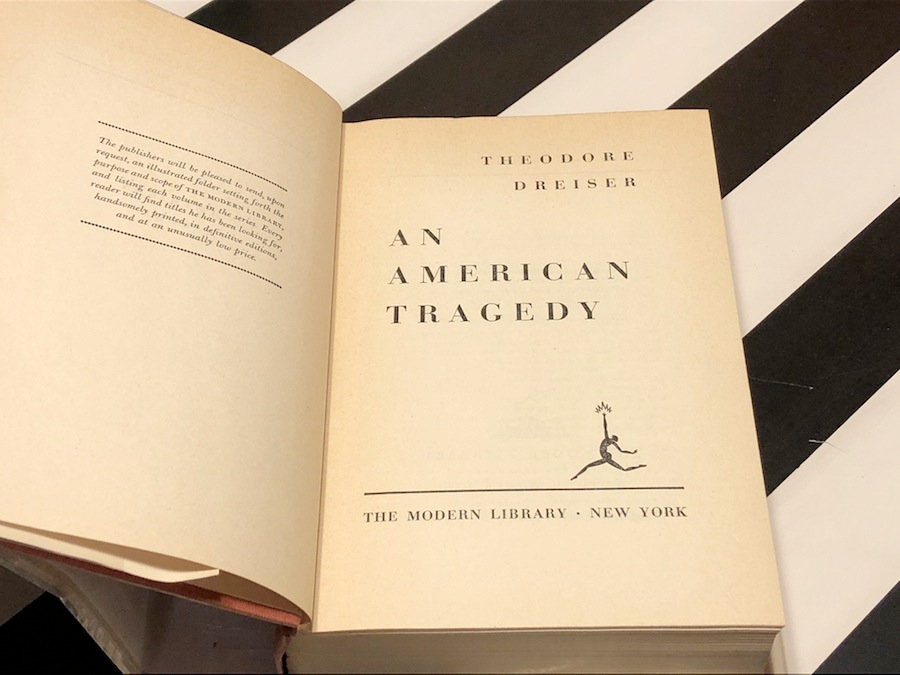

The present study investigates the role of traumatic life events on identity in Light in August. The concept of trauma is inseparably associated with the South's ideologies, specifically the ideology of white superiority in the South. Joe Christmas’s Identity Dilemma in William Faulkner's Light in August Hussein Nasir Shwein Al-Khazali, Department of English Language, College of Arts, University of Al-Qadisiyah, Iraq The war had a critical impact throughout the history of the USA on the conquered South, which was undergoing "collective decline" leading to a "collective cultural trauma". Keywords: transition of the Self Lacan self-image passing race racial identity Faulkner Roth" Though both novels show the characters during various periods of their lives, and in various life situations as well, we will see the different reasons and similar consequences of their ‘passing’ as forms of cultural transition.

Even though some 70 years have passed since Faulkner’s novel, it still appears that whiteness is the most important element of an ideal and desired identity, as shown in Philip Roth’s The Human Stain, where Coleman Silk, again an African-American, passes for white in the 1990s. In Light in August Joe Christmas is an African-American male often perceived by society as white. Both characters seem to undergo an identity crisis as a result of their racial ambiguity, which they obviously cannot overcome. The interesting point is that even though the writers of the novels are decades apart and despite the many differences in the lives of the two tragic black heroes, both Joe Christmas and Coleman Silk end up the same way – dead after passing for white and after being involved in sexual relationships with white women. The aim of the paper is to try to show the way the two main characters, Joe Christmas in Light in August and Coleman Silk in The Human Stain, pass as white, the reasons for it, and, in the end, the consequences of their actions. as changing of the Self in William Faulkner’s Light in August and Philip Roth’s The Human Stain.

"The paper takes a closer look at the phenomenon of racial passing as form of cultural transition: as transformation of identity, i.e.


 0 kommentar(er)
0 kommentar(er)
